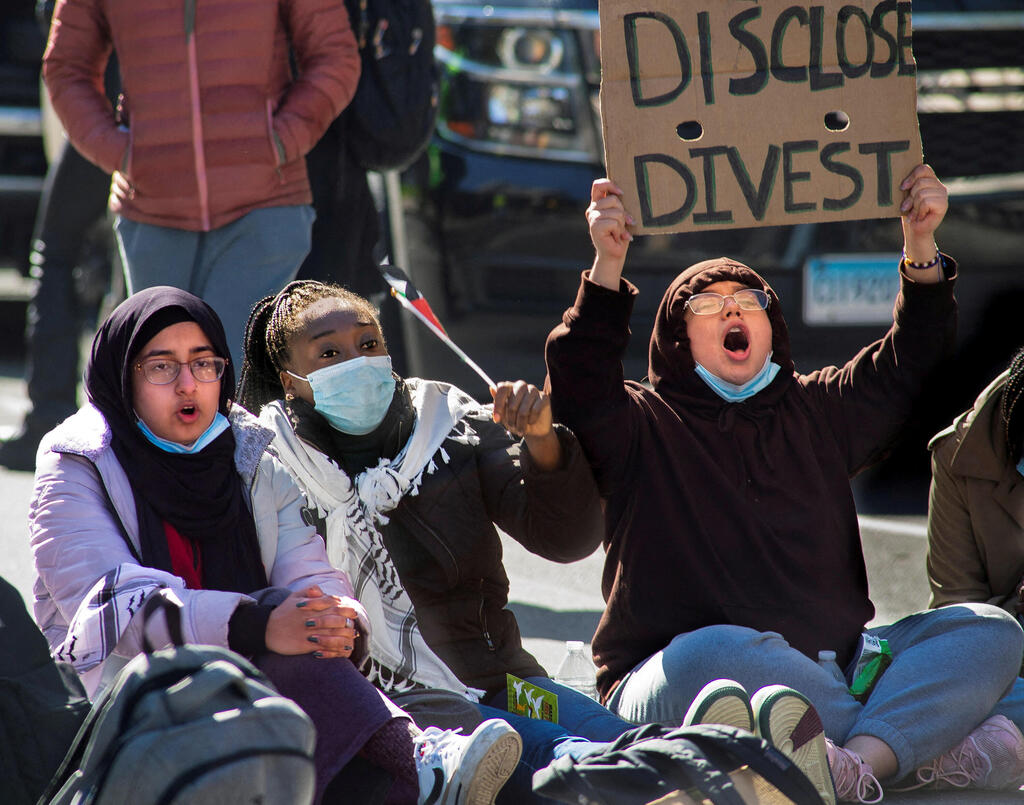Getting your Trinity Audio player ready...
The Institute for the Study of Global Antisemitism and Policy (ISGAP) released a damning new report on Wednesday, highlighting significant discrepancies in Yale University’s reporting of foreign funds, particularly from Qatar.
The findings reveal a persistent pattern of non-compliance with U.S. federal reporting laws, raising serious concerns about transparency and accountability in higher education.
The report, titled "The Ongoing Failure to Report: Yale University, Qatar, and Undisclosed Foreign Funding, Volume Two," is part of ISGAP’s ongoing "Follow the Money" project.
This initiative has been examining foreign funding of US universities since 2012. Volume One of the report, released in 2023, had already unveiled non-disclosure practices at several institutions, including Yale, which led to federal investigations in 2019.
According to the new research, Yale reported receiving only $284,668 from Qatar between 2012 and 2023. However, the actual amount is estimated to be at least $15,925,711. This substantial underreporting violates Section 117 of the Higher Education Act of 1965 (HEA), which mandates that universities report all gifts and contracts from foreign sources exceeding $250,000 semi-annually.
The report suggests that Qatar’s financial contributions to U.S. institutions are part of a broader strategy to wield influence and promote the interests of the Qatari regime. This is evident in the collaboration between Yale and Qatar, involving numerous undisclosed transactions that do not appear in Yale’s financial statements or the U.S. Department of Education’s reporting system.
"The persistent non-disclosure of substantial foreign funds, as well as contracts, MOUs, and agreements with foreign foundations and government agencies, not only undermines transparency and accountability but also poses significant risks to the integrity of higher education," said Dr. Charles Asher Small, ISGAP’s Executive Director.
"Despite prior investigations and warnings, Yale and other universities continue to engage in practices that violate federal law."
The report underscores the broader implications of these funding practices, particularly in the context of rising antisemitic discourse and actions on US campuses, including Yale. ISGAP’s previous research has demonstrated that antisemitic incidents are more prevalent at universities receiving Qatari funding.
2 View gallery


Emir of Qatar Sheikh Tamim bin Hamad Al-Thani
(Photo: Reuters / Saudi Press Agency/Handout)
"The omission of substantial Qatari grants in Yale University’s financial statements raises questions about academic integrity and foreign influence," Dr. Small added. "There is concern that the same is happening at Yale, which has seen a sharp rise in antisemitism on campus since the October 7 attacks in Israel."
To address these issues, the report includes several policy recommendations to enhance transparency and accountability in university funding. These include strict enforcement of existing disclosure laws, increased scrutiny of foreign donations, and measures to protect academic freedom and institutional autonomy from foreign influence.
ISGAP is also calling on the U.S. Department of Education to intensify its oversight to ensure that all universities fully comply with federal funding disclosure laws.


